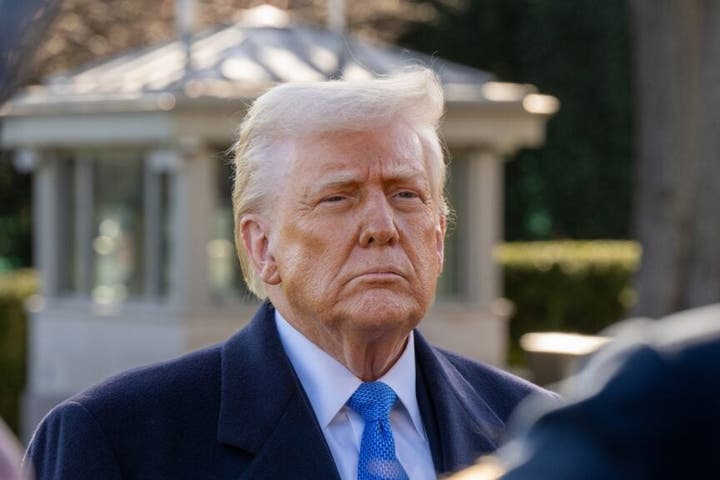President Donald Trump’s recent foreign policy maneuvers have highlighted a striking inconsistency, as his administration criticized Canada’s recognition of Palestinian statehood while simultaneously forging a significant economic alliance with Pakistan, a nation that does not formally recognize Israel. This intricate dance of international diplomacy underscores a transactional approach to global relations.
This diplomatic tension escalated following Canada’s announcement of its intent to back Palestinian statehood, a move President Trump publicly denounced on Truth Social, stating it would severely complicate ongoing US trade deals. This declaration comes perilously close to an August 1st deadline for new U.S. trading terms, with Canada facing the looming threat of a substantial 35% tariff on goods not encompassed by the USMCA agreement, underscoring the high stakes involved in Canada US relations.
Canadian Prime Minister Mark Carney clarified that his country’s recognition of a Palestinian state at the UN General Assembly would be contingent upon critical reforms specifically designed to exclude Hamas, signaling a nuanced approach to the sensitive geopolitical issue of Palestine recognition. This condition aims to address concerns while affirming Canada’s position on the matter.
In a parallel and seemingly contradictory development, President Trump announced on Truth Social a new strategic partnership with Pakistan, centered on the joint development of its ‘massive Oil Reserves.’ This agreement marks a significant economic collaboration between the two nations, aiming to bolster energy security and potentially reshape regional dynamics within Pakistan US relations.
The partnership with Pakistan acquires particular significance given the country’s long-standing anti-Israel stance, a position extensively documented by publications such as the Islamic newsmagazine Crescent International. This outlet has previously reported on the vigorous internal debate within Pakistan regarding the recognition of Israel, with a predominant consensus against it, often labeling Israel as a ‘colonial settler entity,’ thereby adding another layer of complexity to Trump Foreign Policy.
To put these trade relationships into perspective, Canada stands as the United States’ second-largest trading partner, surpassed only by Mexico, with last year’s figures indicating Canada imported $349.4 billion of U.S. goods and exported $412.7 billion to the U.S. In stark contrast, total goods trade with Pakistan in 2024 was estimated at a more modest $7.3 billion, with U.S. goods exports to Pakistan reaching $2.1 billion, a 4.4% increase from the previous year, highlighting the vast disparity in economic impact between these two relationships and their role in international diplomacy.
This pronounced divergence in diplomatic engagement—criticism of Canada over Palestine while embracing Pakistan despite its non-recognition of Israel—underscores what appears to be a foreign policy heavily influenced by immediate trade priorities and economic opportunities. President Trump’s statements to reporters confirm a resolute approach, indicating that countries failing to finalize trade agreements by the August 1st deadline will face impending tariffs, emphasizing the commercial leverage being employed in these US Trade Deals.
Moreover, President Trump also conveyed via Truth Social that India, another significant trading partner, would similarly face a ‘penalty’ on its substantial exports to the United States if new trading terms are not agreed upon by the looming deadline. The U.S. Commerce Secretary further reinforced this urgency, designating August 1st as the critical cut-off point for nations to either sign new trade deals or begin incurring new tariffs, solidifying the administration’s aggressive trade stance.
The interplay between political recognition, economic strategy, and global trade agreements reveals a complex and often unpredictable U.S. foreign policy under the Trump administration. These actions highlight a transactional approach to international relations, where perceived economic benefits frequently take precedence over traditional diplomatic alignments, creating a challenging landscape for global partners navigating America’s shifting priorities in international diplomacy.






Leave a Reply